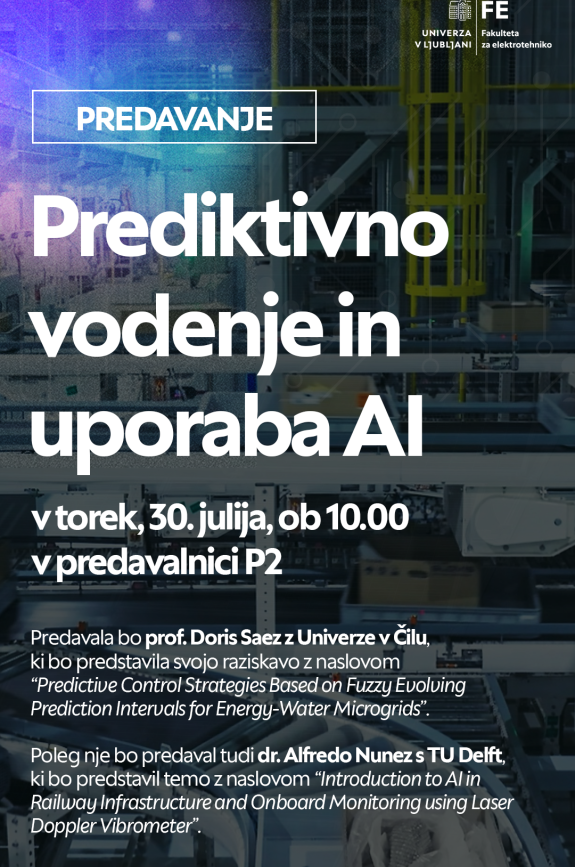Svet EU poziva k preglednemu, pravičnemu in odprtemu dostopu do akademskih publikacij
Datum objave: 28.5.2023Svet EU je 23. maja 2023 sprejel sklepe o visokokakovostnem, preglednem, odprtem, zaupanja vrednem in pravičnem akademskem objavljanju, v katerih poziva k takojšnjemu in neomejenemu odprtemu dostopu pri objavljanju raziskav, ki vključujejo javna sredstva.
Znanstveni članki in druge oblike akademskih objav so še naprej glavno sredstvo za razširjanje rezultatov raziskav in znanstvenih dognanj. Vendar še zdaleč ni vsak članek na voljo drugim raziskovalcem ali drugim zainteresiranim bralcem. Stroški plačilnih zidov za dostop do člankov in njihovo objavo postajajo nevzdržni, kanali objavljanja za raziskovalce pa so pogosto v rokah zasebnih podjetij, ki pogosto nadzorujejo intelektualno lastnino člankov. Medsebojni strokovni pregled člankov je bistvenega pomena za zagotavljanje nadzora kakovosti člankov, vendar ta postopek prinaša izzive, kot sta večje število vlog in preobremenjenost pregledovalcev. Pojavljajo se tudi težave zaradi plenilskih in vprašljivih praks objavljanja.
Svet v svojih sklepih Komisijo in države članice poziva, naj podprejo politike, usmerjene v model akademskega objavljanja, ki bo nepridobiten, z odprtim dostopom in v več formatih, brez stroškov za avtorje ali bralce. Nekatere države članice so v svojo nacionalno zakonodajo o avtorskih pravicah uvedle pravice do sekundarne objave, kar omogoča odprt dostop do akademskih publikacij, ki vključujejo javna sredstva. Svet spodbuja nacionalne politike in smernice odprtega dostopa, da bodo znanstvene publikacije takoj odprto dostopne na podlagi odprtih licenc. V sklepih je priznan pozitiven razvoj v smislu spremljanja napredka, na primer v okviru evropskega oblaka za odprto znanost (EOSC), in predlagana vključitev spremljanja odprte znanosti v mehanizem za spremljanje evropskega raziskovalnega prostora. Prav tako so v sklepih Sveta države članice pozvane, naj podprejo pilotni program Open Research Europe (za vzpostavitev obsežne storitve za objavljanje raziskav z odprtim dostopom), uporabo odprtokodne programske opreme in standardov, priznajo in nagrajujejo dejavnosti medsebojnega strokovnega pregleda pri ocenjevanju raziskovalcev ter podprejo usposabljanje raziskovalcev na področju medsebojnih strokovnih pregledov in pravic intelektualne lastnine.

